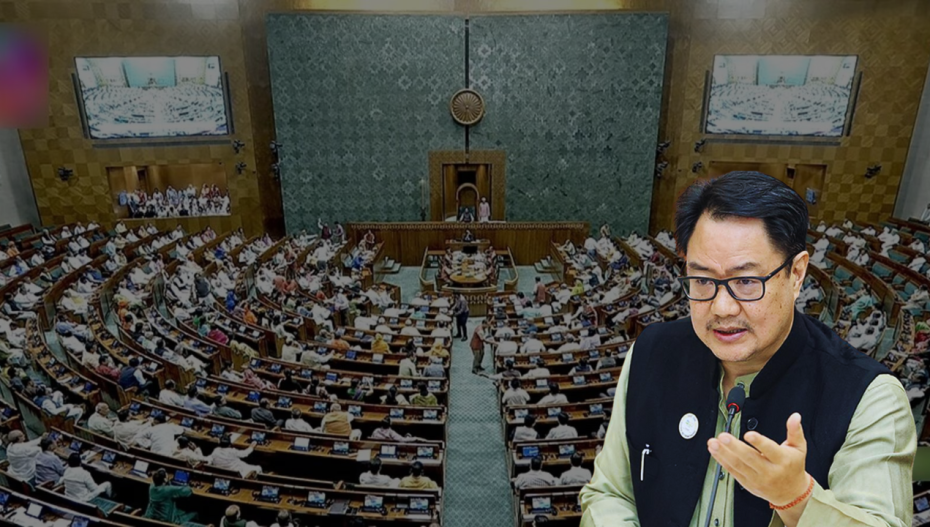The doing away of Section 40, which allowed boards to convert any land into Waqf property, is the most significant change introduced by the Waqf (Amendment) Bill, 2024. During a recent debate in Parliament, Minority Affairs Minister Kiren Rijiju referred to this provision as the “most draconian” aspect of the Waqf Act.
He presented the bill in the Lok Sabha with conviction, saying the Muslim community should feel secure because it didn’t snatch land from them.
He also announced plans to rename the Waqf Amendment Bill as the UMEED Bill, which stands for Unified Waqf Management Empowerment, Efficiency, and Development Bill.
Rijiju said that Section 40 of the current Waqf Act was being exploited for vested interests. “That is why Waqf property increased by lakhs,” he was quoted as saying. A media house, attributing government data, said that Waqf boards in India control 8.72 lakh properties, amounting to over 9.4 lakh acres.
The official website of the Waqf Asset Management System of India says there are 30 Waqf Boards across India.
The Waqf boards had the authority to determine whether a property constituted Waqf property under Section 40 of the Waqf Act. Unless the Waqf Tribunal reversed or changed the board’s decision, it was definitive. According to a statement from the Ministry of Minority Affairs, the Act states that the Tribunal’s decisions are final and that judicial appeals of them are forbidden.
There are over 40,000 litigations over Waqf properties, Rijiju said, adding, “If unhappy with Waqf Board and Tribunal decisions, one can now approach the courts.”
The Bill proposes that the District Collector should have the power to decide if any property is Waqf property.
Rijiju attempted to clarify the arbitrary nature of the Waqf Act’s conversion of properties into Waqf property by stating that the new Bill aims to stop the Parliament building, the Delhi airport grounds, and the CGO complex from being designated Waqf properties. No land can now be unilaterally labeled Waqf land since Section 40 is about to expire.













